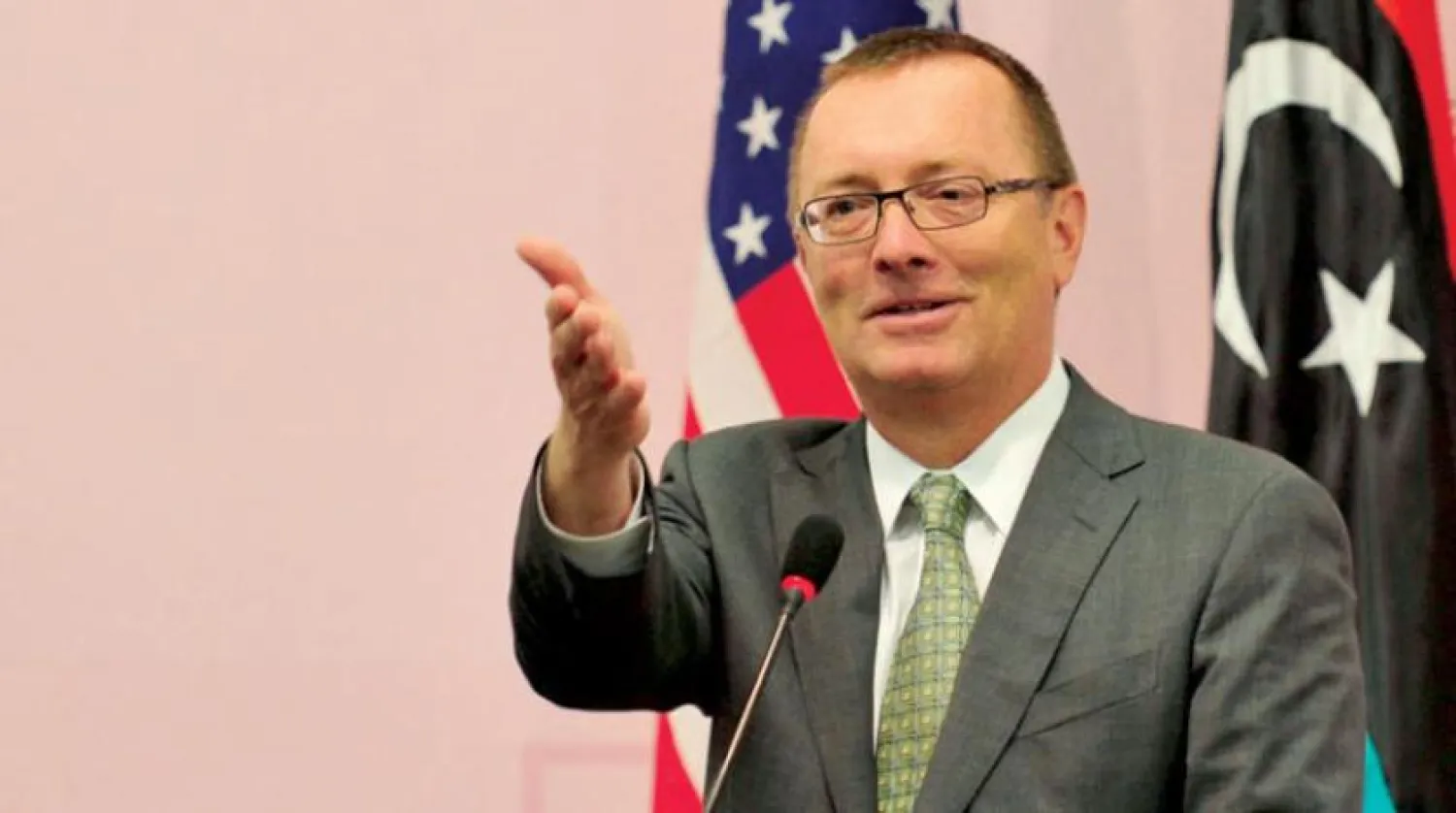The United States still supports the civilian demonstrations in Sudan and the people's right to determine their fate.
The "2019 constitutional declaration is the best way forward because it espouses the democratic aspirations of the Sudanese people," said State Department spokesman Ned Price during a press briefing.
Reports have spoken of disputes within Joe Biden's administration over the position on Sudan that may lead US Horn of Africa envoy Jeffrey Feltman to resign.
Price stressed that Washington rejects the use of violence against Sudanese protesters.
"Sudanese stakeholders will need to set aside differences and agree on a consensual way forward to advance the country’s democratic transition under civilian leadership, consistent with the 2019 constitutional declaration and the aspirations of the Sudanese people," he urged.
"The Troika and the EU will continue to support the democratic transition in Sudan. But Sudanese stakeholders will need to work on the basis of the 2019 constitutional declaration on how to overcome the nation’s current political crisis, select new civilian leadership, and identify clear timelines and processes for the remaining transitional tasks. And that includes establishing the legislative and judicial branches of government, creating accountability mechanisms, and laying the groundwork for elections," Price continued.
"The actions of the military in recent weeks and the past couple months have been deeply concerning and we have condemned them, but we continue to look to that document as a blueprint for the path forward," he remarked.
"The next prime minister needs to enjoy credibility with the Sudanese people, and that can only occur if the individual is identified through a consultative civilian-led process consistent with that very 2019 constitutional declaration," he stressed.
Observers said that internal differences may bubble to the surface within the American administration over the developments in Sudan. The differences center on how to describe the political crisis that erupted in October when the military seized power.
One camp in the administration refuses to describe the events as a "military coup", but would rather call it military seizure.
The State Department is also divided between a camp that backs imposing sanctions on the military leaderships behind the coup and attacks against protesters.
In November, Foreign Policy spoke of fundamental differences within the State Department over the "military coup". One camp, led by Feltman, firmly supports slapping sanctions on military officials and holding them accountable for obstructing the democratic process in the country.
Moreover, he even accused them of lying to him shortly after meeting them when signs of a dispute between the military and civilian authorities began to emerge in October.
The second camp, led by Assistant Secretary of State for African Affairs Molly Phee, urges patience and against rushing to slap sanctions on a country that has just started to embark on its democratic path after ousting the Bashir regime in 2019. The camp advocates having all sides overcoming their problems and working together to end the crisis.
Phee had visited Khartoum in November 16 where she met with head of the military commander Abdul Fattah al-Burhan and Prime Minister Abdalla Hamdok, who resigned from his post this week.
Confirming the differences within the State Department, Reuters reported exclusively on Wednesday that Feltman intends to step down from his post this month after more than nine months in the job.
David Satterfield, the outgoing US ambassador to Turkey, will take up the role, three sources familiar with the matter told Reuters on Wednesday.
Feltman, a veteran US diplomat, assumed the post in April and quickly found himself in the middle of two major crises - Ethiopia's deepening civil war between forces loyal to the Tigray People's Liberation Front (TPLF) and the army of Prime Minister Abiy Ahmed, as well as a military coup in Sudan in October.
The news of his departure, which was not previously reported, came before he heads to Ethiopia on Thursday to meet with senior government officials about the peace talks as part of Washington's latest push to bring an end to the conflict.
Asharq Al-Awsat tried to contact the State Department for a comment, but received no reply. It then contacted diplomatic sources in Washington that confirmed the differences within the State Department.
Speaking on condition of anonymity, the sources did not confirm reports of Feltman's resignation.









